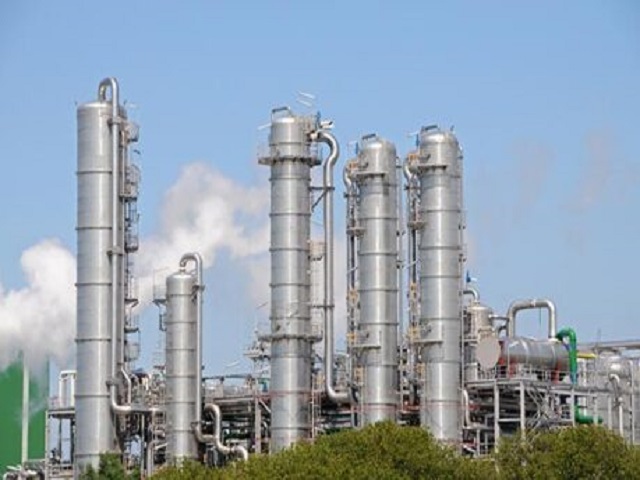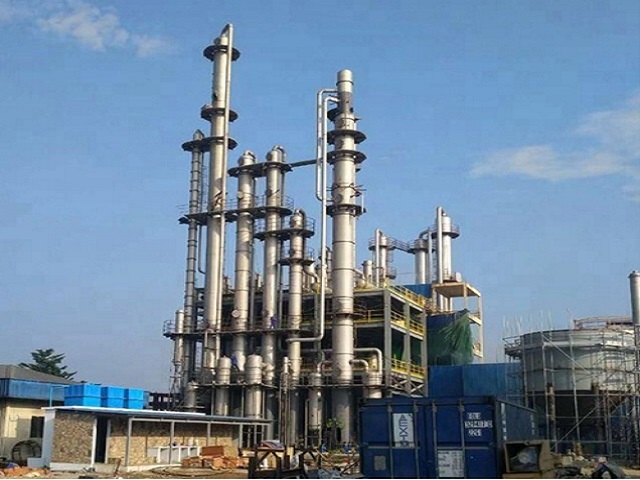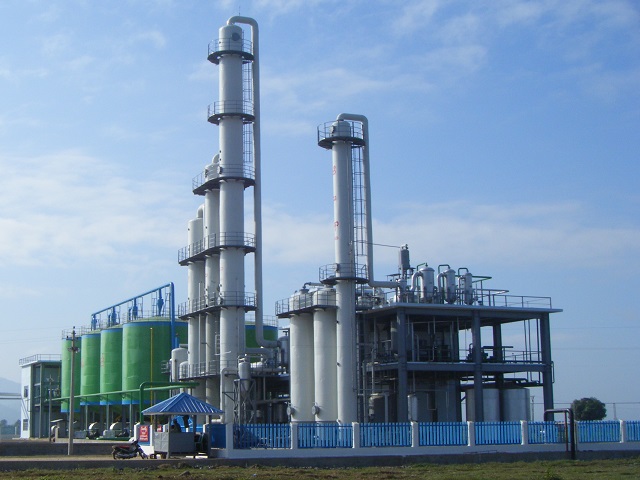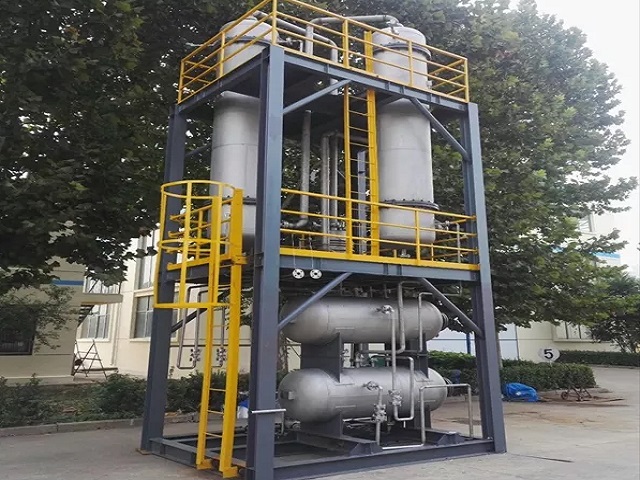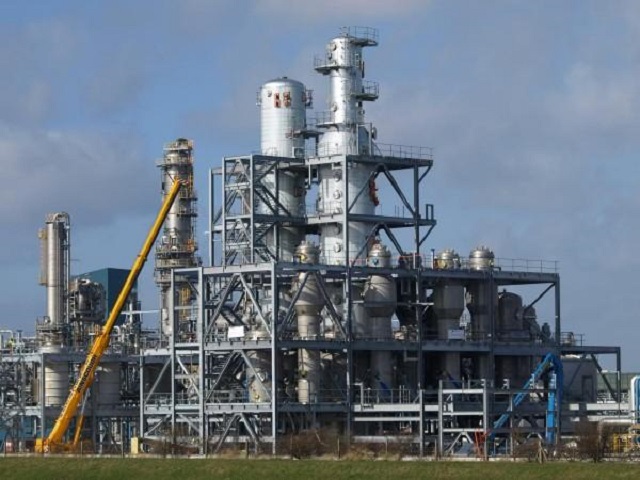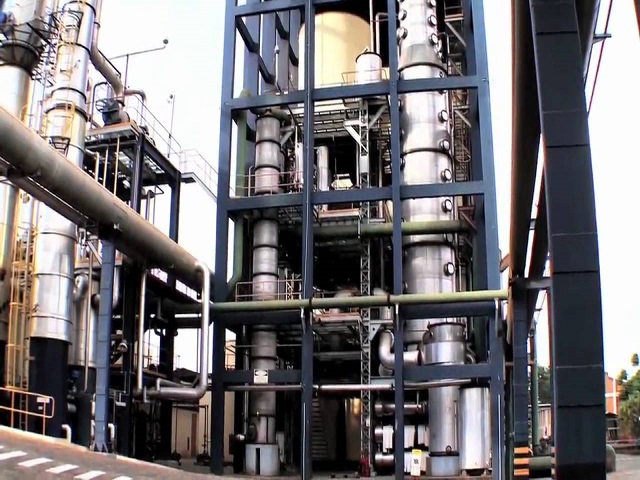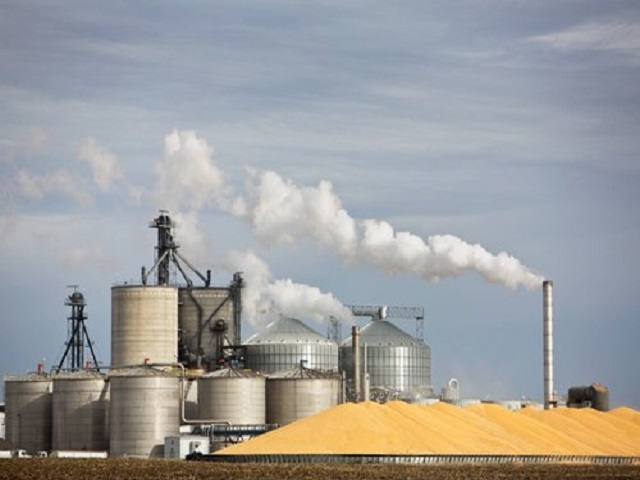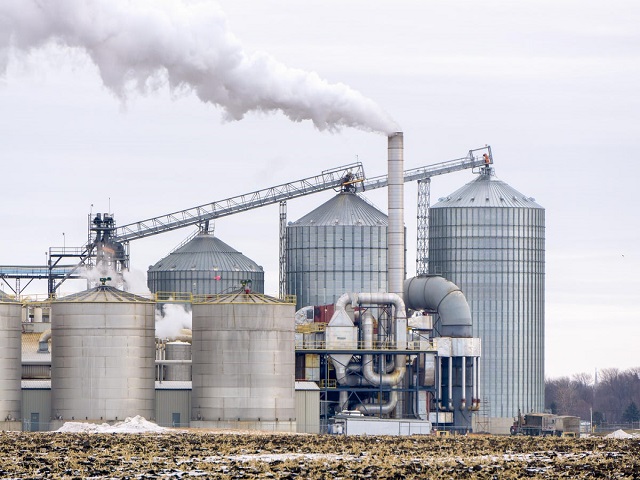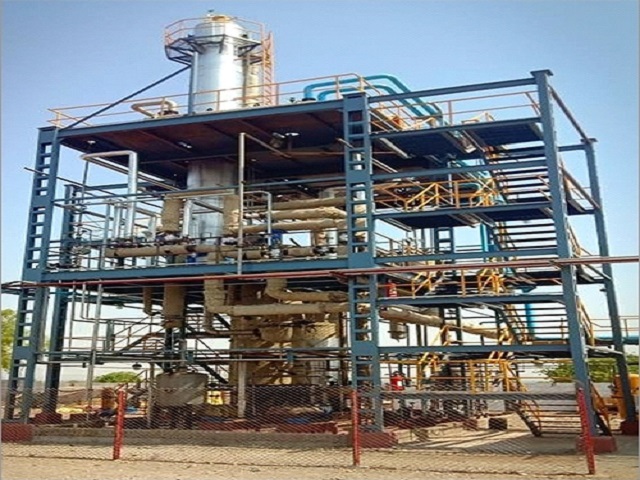Ethanol Recovery Plant from Food Grains
Kerone Engineering Solutions Ltd. is a leading company in the provision of advanced industrial heating, drying, and process solutions of engineering globally. Having more than 50 years of expertise, we are experts in designing, producing, and delivering custom-made, state-of-the-art systems to meet the ever-changing requirements of the industries across the globe.
We have been involved in engineering excellence, sustainability, digitalization, and technological innovation to become a reliable collaborator whose business partners are in various industries. Kerone will implement Artificial Intelligence (AI), Machine Learning (ML), and Internet of Things (IoT) technologies in our systems to ensure smarter automation, real-time monitoring, predictive maintenance, and process optimization that is data-driven, thus enabling our clients to be more productive, efficient, and reliable.
The Kerone systems are designed to meet Industry 4.0, which leverages AI-powered analytics and IoT connections to provide clients with data insights and intelligent automation to manufacture next-generation products.
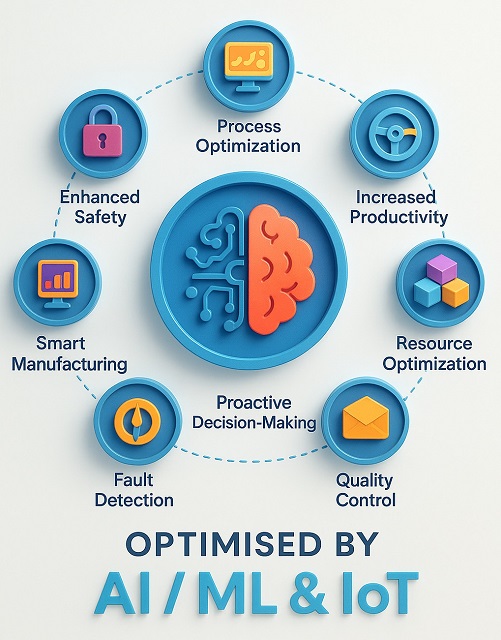
Two methods are currently used to produce ethanol from grain: wet milling and dry milling. The adjectives ‘wet’ and ‘dry’ describe the method, not the product. The different methods affect both the profitability and logistics. Dry mills produce ethanol, distillers' grain and carbon dioxide. The carbon dioxide is a co-product of the fermentation, and the distillers’ dried grain with solubles (DDGS) is a non-animal based, high protein livestock feed supplement, produced from the distillation and dehydration process. If distillers' grains are not dried, they are referred to as distillers' wet grain (DWG). Wet mill facilities are ‘bio-refineries’ producing a host of high-valued products. Wet mill processing plants produce more valuable by-products than the dry mill process.
KERONE is pioneer in application and implementation engineering with its vast experience and team of professionals. KERONE is devoted to serve the industry to optimize their operations both economically and environmentally with its specialized heating and drying solutions.
